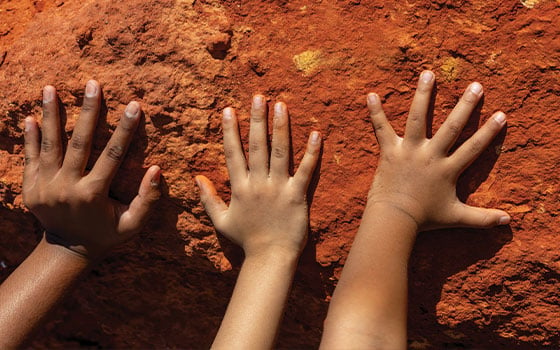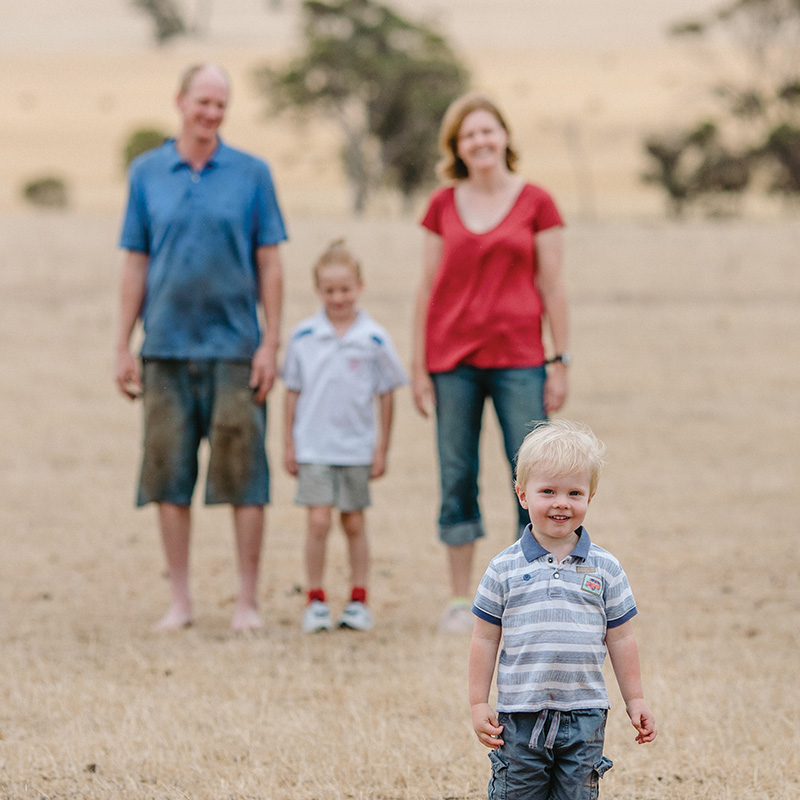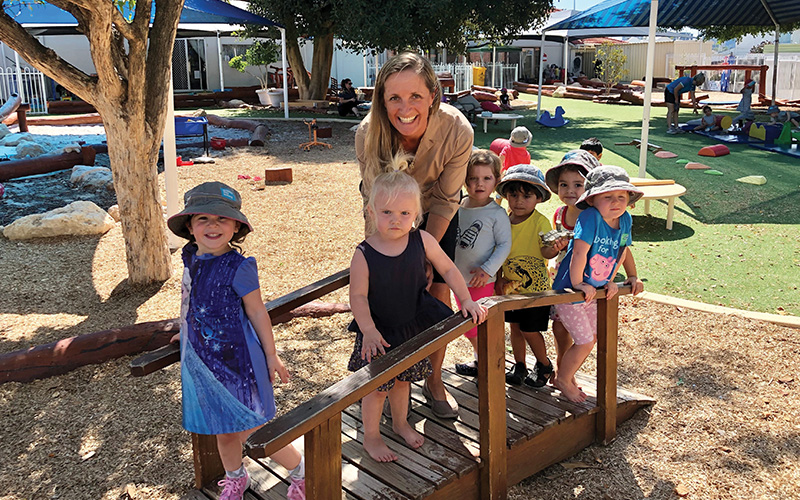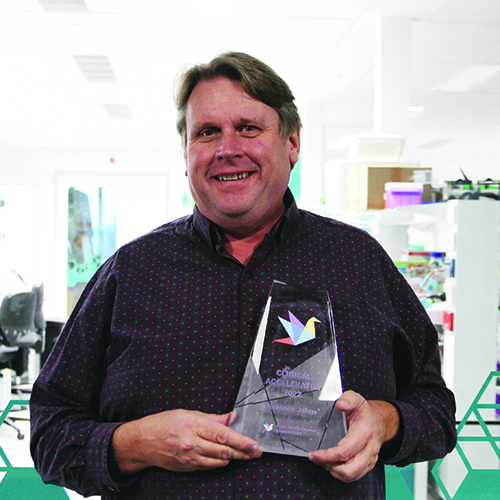Search

Facilitate research interest & opportunities that involve Aboriginal families & communities and build the capacity and development of Institute researchers

A series of fact sheets have been prepared on a number of issues relating to Indigenous suicide prevention, from our investigations and roundtable discussions.
Strengthening the capacity of Aboriginal children, families and communities
Research
KAMS MOUAs part of the discussions with Kimberley Aboriginal Medical Service (KAMS) to establish the Broome site of the WAAHKN it has been agreed to establish...

A program unfolding in four very diverse locations across Western Australia is working to give children aged 0–4 the best start in life.

Not too long ago, if you had mentioned physical activity to educators at the Sonas Early Learning & Care centres run by Shelley Prendergast, they would automatically have reached for the trusty old obstacle course.

WA Kids Cancer Centre is leading the charge to find innovative new treatments that will allow doctors to ‘dial down’ the amount of toxic treatments needed to fight cancer.

In addition to our busy lives, there’s a lot going on around us locally and across the world.
Research
THINK BIG - Neurodevelopmental DisordersAmy Andrew Helen Jenny Martyn Melissa Videos Finlay-Jones Whitehouse Watch and listen to Andrew Leonard Downs Symons Licari BPsych(Hons), MPsych(

Not all children or teenagers identify with the gender they were presumed at birth. As a result, some may choose to change their name, their clothes or their body and live as a different gender. Some may choose to obtain specialised medical treatment.
